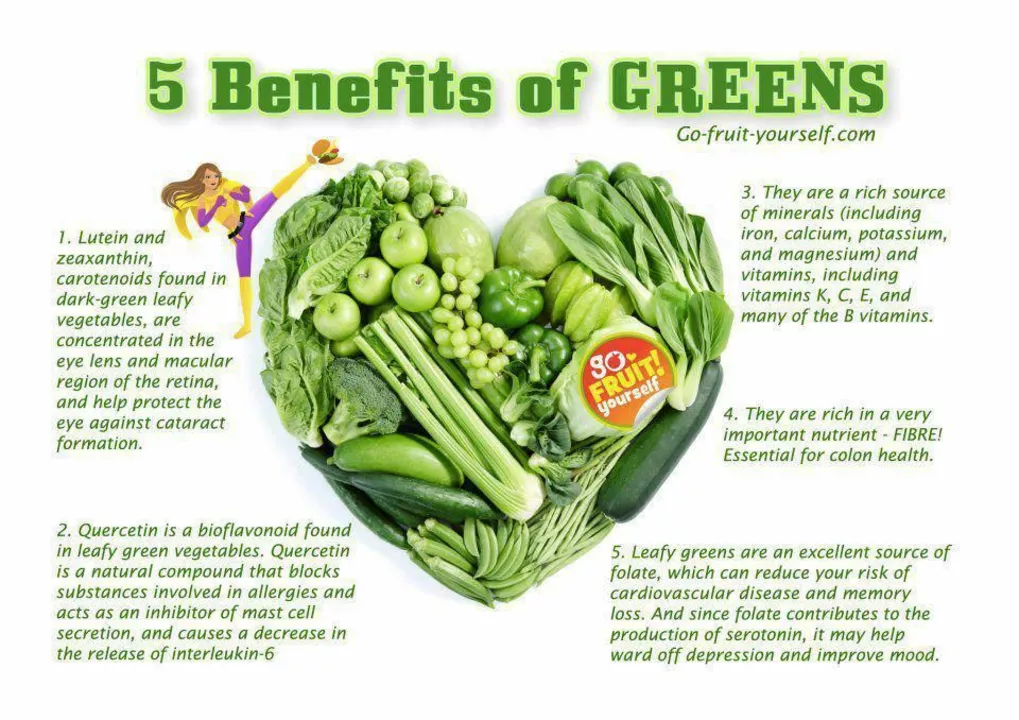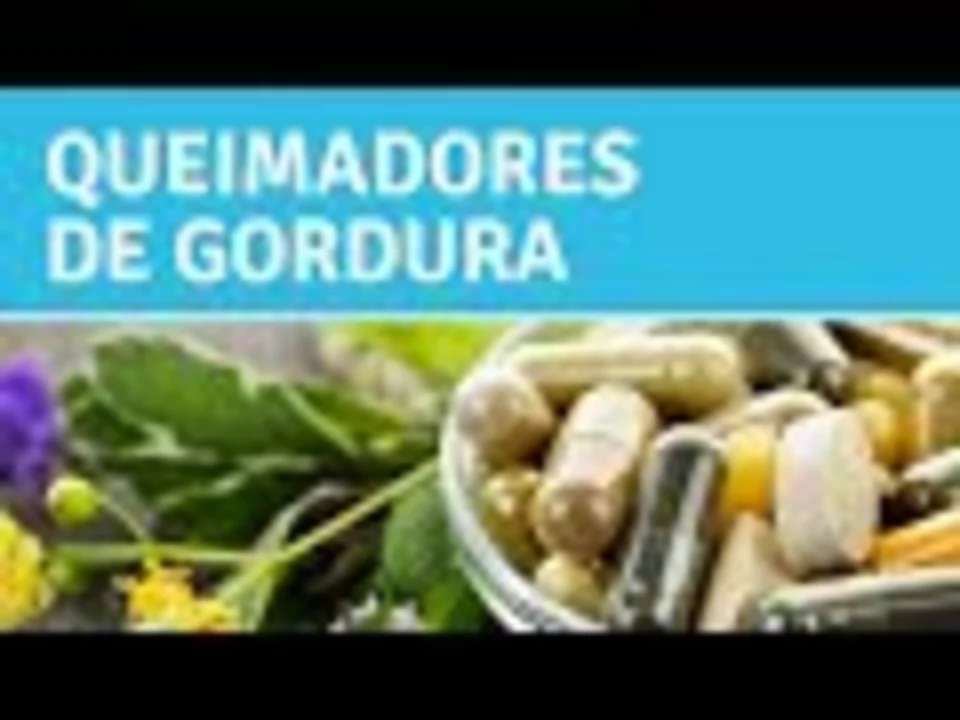Natural Dietary Supplement: Practical Tips for Safe Use
Want a natural boost but worried about safety and hype? This tag gathers clear, useful posts on real supplements — what works, what’s risky, and how to buy without getting ripped off. Read short guides, product picks, and safety tips you can use today.
How to pick a safe natural supplement
Start with food. Supplements fill gaps, they don’t replace a decent diet. If you still need a supplement, look for brands that list exact doses (not just a "proprietary blend"). Check for third-party testing seals like USP, NSF, or ConsumerLab — those mean the bottle actually contains what the label says.
Prefer standardized extracts when possible. For example, liver extract supplements will show active amounts like B12 or iron in the facts panel. Avoid products that promise fast cures or huge claims — real benefits are usually modest and take time.
Watch for contaminants. Heavy metals and unlisted drugs turn up in low-quality products. Reputable manufacturers publish lab reports or batch testing. If you can’t find test results, pick another brand.
Dosage, interactions, and when to ask an expert
Take the right dose. More isn’t always better — fat-soluble vitamins (A, D, E, K) can build up and cause harm. Read the label and compare it to recommended daily values. If you’re on prescription drugs, double-check interactions: grapefruit affects some statins, and some supplements change how blood thinners or antidepressants work.
Be specific with your health status. Pregnant or breastfeeding? On liver meds, blood thinners, or thyroid drugs? Talk to your doctor or pharmacist first. Same if you give supplements to pets — vets know safe doses and drug interactions for animals.
Buy from trusted sellers. For online orders, choose stores with clear contact info, a return policy, and verified reviews. Beware of extremely cheap imports that skip safety testing. If a product sounds too good to be true, it probably is.
Storage and timing matter. Store supplements away from heat and moisture. Take fat-soluble supplements with a meal that contains some fat. Some minerals absorb better between meals, while probiotics may need refrigeration; check the label.
Want deeper reading? Check posts here on liver extract benefits, the role of threonine, and natural alternatives in infection care. Each article digs into evidence, side effects, and real-world tips so you can pick what fits your goals without guessing.
If you have one takeaway: be skeptical, check labels and tests, and ask a clinician when you’re on meds or have a health condition. Small, well-chosen supplements can help — sloppy ones can hurt.


